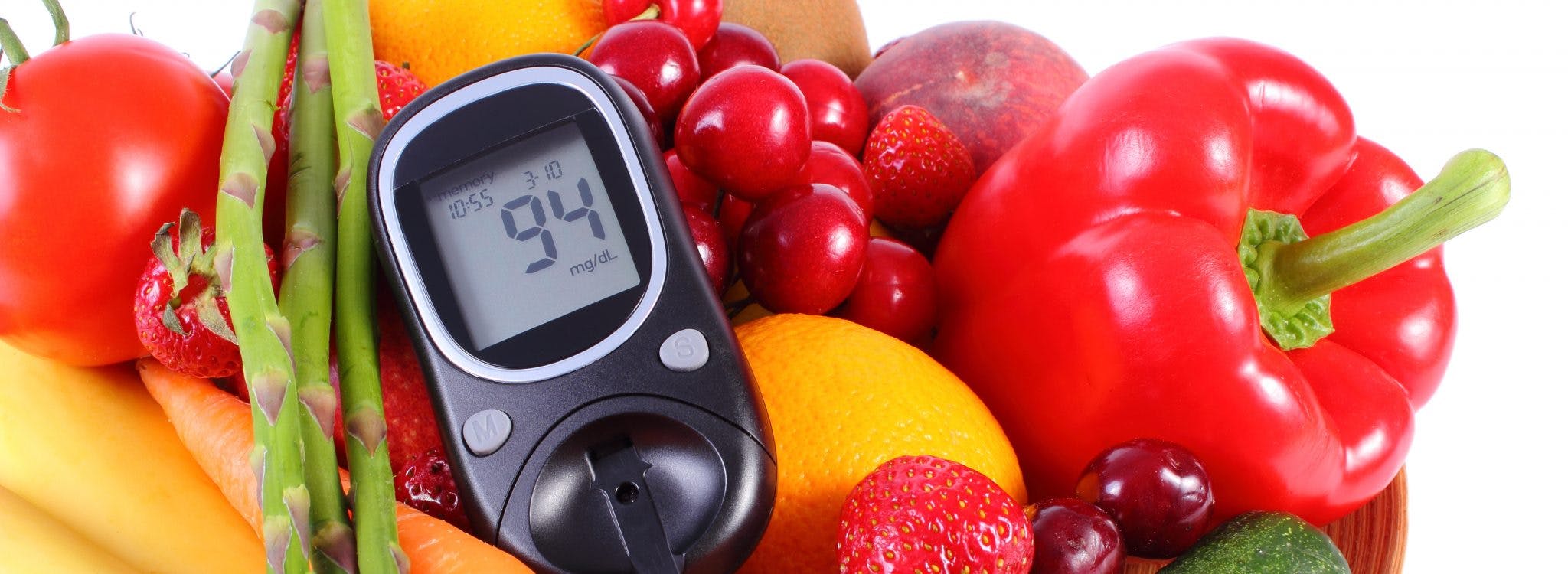
2025-06-10T13:54:10
Understanding Skin Grafts
- Dermatology
- Family Medicine
- Internal Medicine
- Orthopedics
May 3, 2017 | Internal Medicine
Specialties:Internal Medicine

Diabetes is a condition that involves the body’s ability to produce insulin. Patients that take medication to increase insulin levels may experience low blood sugar levels, leading to a condition called hypoglycemia. Hypoglycemia is characterized by blood sugar levels under 70 milligrams per deciliter.
In cases where low blood sugar is a complication of diabetes, the condition is referred to as diabetic hypoglycemia and is caused by excess insulin in the blood. Like with many conditions, proper treatment and prevention methods can help you reduce and manage your symptoms, while the lack of treatment can lead to serious complications.
In the early stages of diabetic hypoglycemia, symptoms can include:
There are also cases where diabetic hypoglycemia occurs during sleep, which can include a few different symptoms:
When diabetic hypoglycemia is not detected early enough or isn’t treated properly, severe symptoms can result:
Some of these serious symptoms can increase the likelihood of accidents, and treatment is a very important matter. Symptoms may vary between cases, so if you have diabetes, keep careful track of blood sugar levels. In severe cases where you become unconscious or unresponsive and cannot swallow, make sure close family members know a few basic tactics:
People who take insulin for diabetes are more likely to develop diabetic hypoglycemia, although other oral medications can cause it as well. Other causes of diabetic hypoglycemia include:
Treatment of diabetic hypoglycemia involves raising blood sugar to the appropriate levels. You’ll have a blood glucose meter if you have diabetes—check it regularly. If your levels are too low, eat or drink something high in sugar or carbohydrates to quickly increase your blood sugar level. Avoid chocolate and other high-fat foods, which don’t work as well. Good options include:
In cases where you’re unable to check blood sugar levels to confirm the presence of hypoglycemia, simply assume it’s present. If your risk is high for hypoglycemia, you may want to carry a high-sugar snack with you at all times. Many diabetes patients wear bracelets that identify them as such, in the case of a medical emergency.
In situations where these strategies don’t manage hypoglycemia, speak to your doctor. They may recommend changes in your glucose goal range or prescribe glucagon.
There are several specific steps you can take to prevent diabetic hypoglycemia:
If you’re developing the symptoms of diabetic hypoglycemia, speak to your doctor.
Sources:
“Hypoglycemia (Low Blood Glucose).” American Diabetes Association. http://www.diabetes.org/living-with-diabetes/treatment-and-care/blood-glucose-control/hypoglycemia-low-blood.html?referrer=https://www.google.com/
“Diabetic hypoglycemia.” The Mayo Clinic. http://www.mayoclinic.org/diseases-conditions/diabetic-hypoglycemia/basics/definition/con-20034680
WRITTEN BY:
The Live Better Team

2025-06-10T13:54:10

2025-01-09T10:36:36

2024-12-05T17:05:06

2024-11-18T13:50:57
This information is not intended to replace the advice of a medical professional. You should always consult your doctor before making decisions about your health.